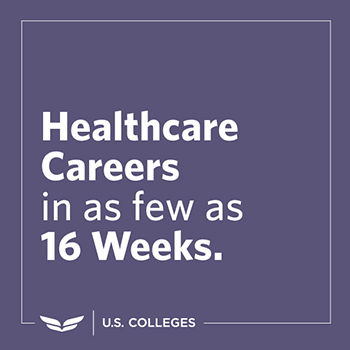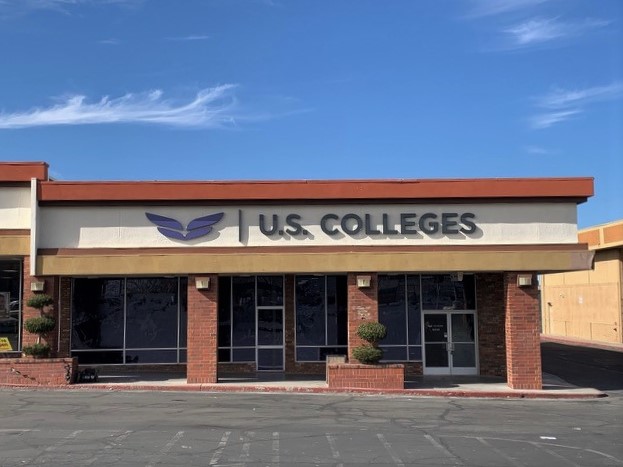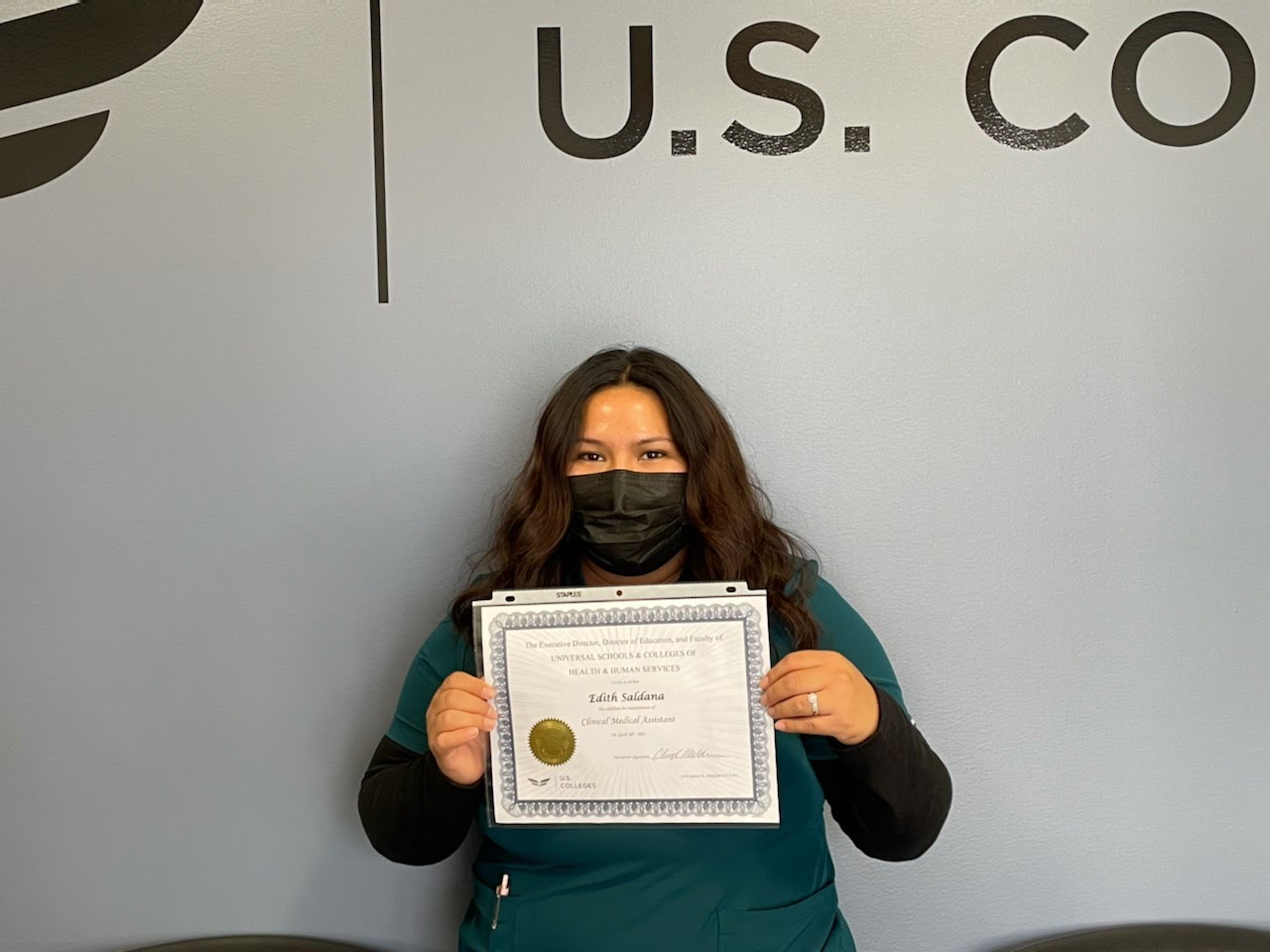
Bridging the Healthcare Gap: The Imperative of Vocational Career Training
By Dr. Fardad Fateri
In the rapidly evolving landscape of healthcare, where advancements in technology and the growing demand for skilled professionals are reshaping the industry, the importance of vocational career training cannot be overstated. A recent report shows that a majority of hospital and health system leaders say they are having difficulty finding enough workers. There is an undeniable need for a robust vocational training framework in this country, particularly for entry-level positions in healthcare. This imperative is crucial not only for individuals seeking a foothold in the healthcare sector but also for the industry’s overall resilience and adaptability.
One of the primary advantages of vocational career training lies in its ability to provide a streamlined and practical approach to learning. In healthcare, where hands-on skills and real-world experience are invaluable, vocational training programs offer a more direct pathway to developing the specific competencies needed in various roles. From phlebotomists to medical assistants, these professionals play pivotal roles in the seamless functioning of healthcare facilities, making them the backbone of patient care.
The demand for skilled healthcare professionals is escalating, and the conventional educational pipeline often struggles to keep pace. Vocational training programs, however, are designed to be agile, responding swiftly to the evolving needs of the industry. By tailoring curricula to align with current healthcare trends and technologies, these programs produce graduates who are not only job-ready but are also equipped to adapt to the dynamic nature of the field. This adaptability is vital in an industry where new treatments, technologies, and protocols emerge regularly.
Moreover, vocational training fosters a diverse and inclusive healthcare workforce. It provides a viable alternative for individuals who may not pursue traditional academic routes due to various reasons, including financial constraints or a preference for hands-on learning. By creating accessible pathways to entry-level healthcare careers, vocational training contributes to a workforce that mirrors the diversity of the communities it serves. This diversity not only enriches the healthcare profession but also enhances patient care by promoting cultural competence and understanding.
The economic aspect of vocational training cannot be overlooked. These programs often offer a more cost-effective and time-efficient route to gaining the necessary skills for entry-level healthcare positions compared to traditional academic paths. This affordability and efficiency benefit both aspiring healthcare professionals and the industry, helping to address the ongoing shortage of skilled workers in critical roles.
As healthcare models have become increasingly more complex, the collaborative nature of healthcare delivery is gaining prominence. Vocational training encourages teamwork and collaboration from the outset, as students often engage in practical, scenario-based learning. This not only enhances their technical skills but also instills a collaborative mindset, preparing them for the interdisciplinary approach that modern healthcare demands.
Vocational career training is a crucial component in building a resilient, adaptable, and diverse healthcare workforce that meets the evolving needs of the country. By recognizing and investing in the value of vocational training, we pave the way for a stronger, more responsive healthcare system that prioritizes both the professional growth of individuals and the well-being of the communities they serve. That ensures a healthier future for us all.
Fardad Fateri, Ph.D., is the President & CEO of International Education Corporation (IEC), which owns and operates U.S. Colleges.




